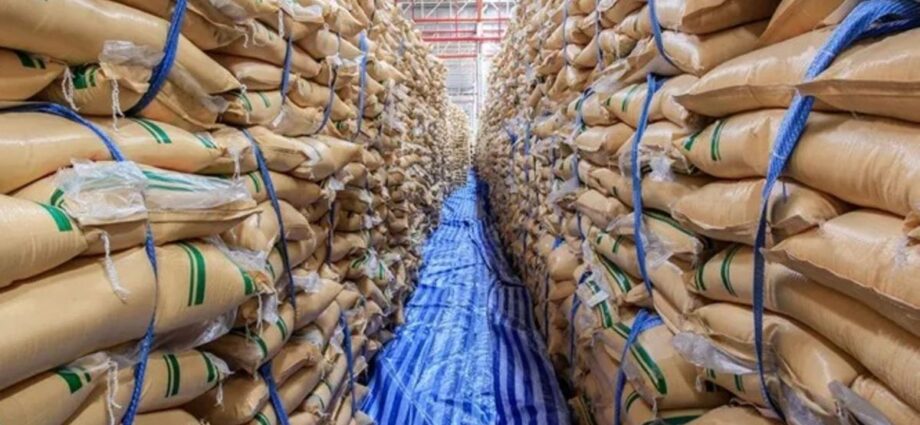DAR ES SALAAM: The Tanzania Bureau of Standards (TBS) is taking proactive steps to develop standards aimed at addressing safety and security concerns related to Artificial Intelligence (AI), even though a tech expert warns that it is beyond control.
Despite these efforts, a tech expert has cautioned that the challenges associated with AI may be beyond full control and emphasised the need for awareness on responsible usage.
TBS Engineer Mohamed Kaila, speaking on behalf of his engineering colleagues after the Engineers’ Day, recently, said that AI represents the future of global technological advancement.
“This year’s celebration is unique as we are highlighting our preparations to ensure the quality of all items used in engineering projects, including those not traditionally associated with engineering,” said Eng Kaila.
This year’s Engineers’ Day theme was centred around AI and TBS engineers have proactively begun developing standards to manage the associated safety and security concerns.
He reaffirmed the bureau’s commitment to ensuring consumer safety by developing robust standards.
Dar es Salaam Institute of Technology’s (DIT), Department of Computer Studies Lecturer, Dr Joseph Nyansiro told Daily News yesterday that around the world, governments and standards organisations are recognising the need to establish regulatory frameworks for the ethical use and safety of AI.
“Currently,” Dr Nyansiro said, “Tanzania faces certain limitations in the AI space.
“[Since] AI systems are built on complex mathematical models and algorithms, and it is inherently challenging to create a one-size-fits-all standard that can address the wide range of industries and applications where AI is used”.
Additionally, Dr Nyansiro, and IT expert said, the country lacks the specialised laboratories and technical expertise needed to develop these complex AI technologies.
“At present, we are primarily consumers of AI solutions, most of which originate from other countries,” the IT expert said.
However, he said, TBS is trying to take a significant step that aligns with a growing global trend.
Though the development of the country’s comprehensive standards and regulations specific to AI creation and deployment may not be feasible in the near term.
He suggested twofold most practical approach for TBS and Tanzania as a whole as first, the country should focus on drafting guidelines that promote the ethical use of AI technologies within its borders.
And, second, the country could collaborate with global AI regulatory bodies, such as the International Organisation for Standardization (ISO) or the European Union, to ensure that international standards account for the country’s unique social and economic context.
“By adopting and customising these global frameworks, Tanzania can better safeguard its interests while remaining aligned with international best practices,” Dr Nyansiro advised.
Dr Nyansiro called up innovation regulatory bodies including TBS and others tech stakeholders to focus on the consumers’ side by ensuring that people use the AI ethically without damaging human dignity.
In this context, he advocated for a nationwide campaign to raise awareness about the responsible use of AI, rather than solely focusing on regulating innovations that are entirely foreign-based.
The ongoing development of AI standards is part of TBS’s broader commitment to advancing technology while safeguarding public interests.
By addressing emerging challenges and fostering collaboration, TBS aims to support the safe and effective integration of AI technologies into various sectors.
Overall, AI safety and security standards are essential for balancing innovation with ethical considerations and risk management, ensuring that AI technologies benefit society while minimising potential harms.
Source: allafrica.com













